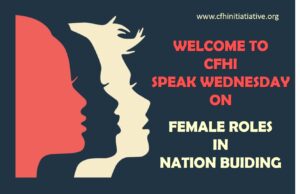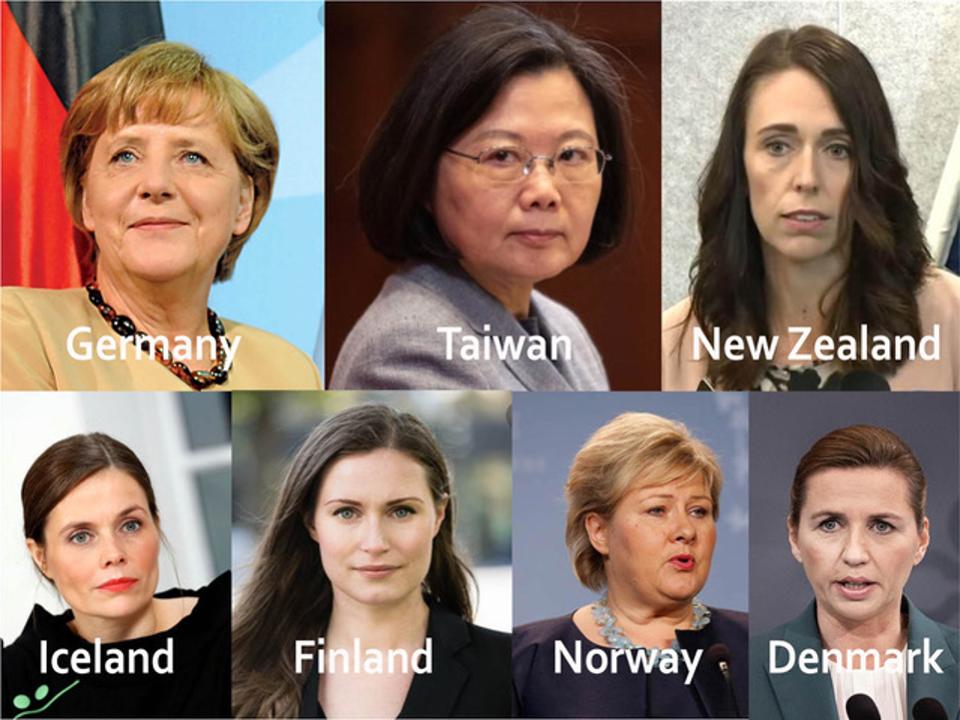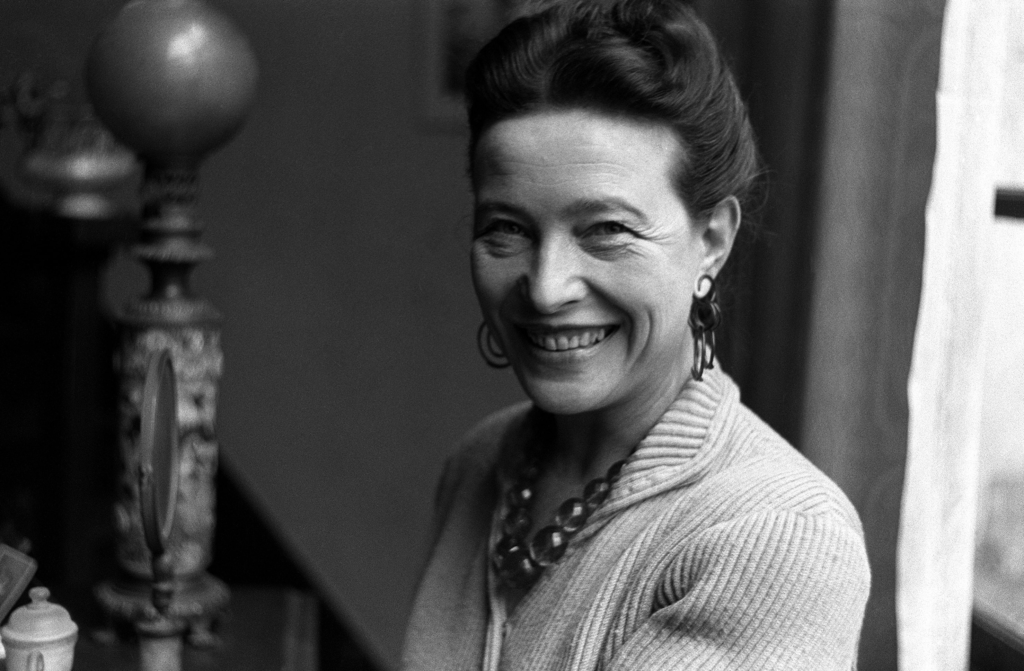FEMALE ROLES IN NATION BUILDING
Nation Building encourages active participation of all citizens of a nation in order to reduce social and economic disparities, create an enabling environment for citizens to display their identities, cultures, languages and religions without any form of discrimination, maintain a politically stable environment, and enjoy the potentials of its human resource.

In Nigeria, women have made indelible contributions through active participation to advance the nation dating from the pre-colonial era. Late Queen Amina was a Hausa warrior from the city of Zazzau, present day Zaria in Nigeria. She was the first to become queen in a male-dominated society. Tales of her exploits include expanding the territory of the Hausa people of North Africa to the largest in history, creating routes for trade throughout Northern Africa, ordering the construction of fortifications called ‘Amina Walls’ and introducing the cultivation of Kola nuts within the region.
The pre-independence era featured the likes of Margret Ekpo, Janet Nwadiogo Mogelu and Funmilayo Ransome-Kuti who were politicians and activists championing the cause to fight discriminatory and oppressive forms of colonialism committed against women and to protest against incessant killings of innocent citizens. Their activities set the pace for the advancement of gender equality in Nigeria.
More women are populating various professions and sectors in present times contributing greatly to the economic workforce. Through engaging in formal and informal labour, many women have improved the livelihood of their families through their incomes and have become strong contributors to the national economy. Others have introduced reform programs and enacted policies that have helped stabilize the nation’s economy, encourage government transparency, and advance progress. Ngozi-Okonjo-Iweala, Late Dr. Dora Akunyili and Dr. Oby Ezekwesili are few examples of such women.
According to Mr. Ban Ki-Moon, “When we empower women, we empower communities, nations and the entire human family.” As key players in national development, nations must continue to empower women by investing in girl-child education, enacting female-friendly policies, promoting programs that support women, and ending harmful practices that abuse their rights as humans to enhance development.
Speak Wednesday is an initiative of Centre for Family Health Initiative to stop the cycle of domestic violence by breaking the silence around gender based violence and gender bias. Join us every Wednesday on all our social media handles for more episodes.


